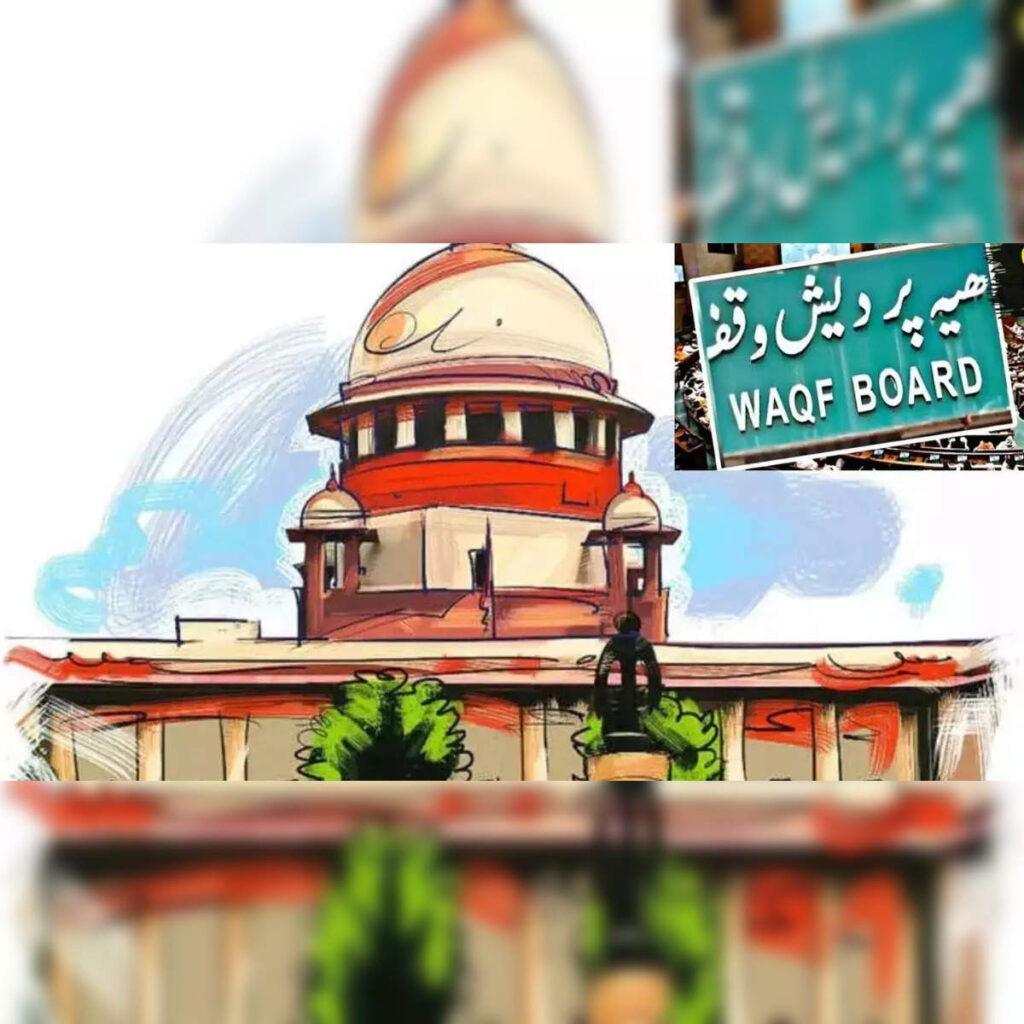The Union Ministry of Home Affairs is preparing to file a review petition against the Supreme Court’s directive mandating time-bound decisions by the President and Governors on state legislation. This move follows the apex court’s criticism of Tamil Nadu Governor R N Ravi for prolonged delays in assenting to bills passed by the state’s legislative assembly.
Senior officials within the Ministry argue that the Centre’s perspective was not adequately represented during the court’s deliberations, particularly concerning the constitutional provisions under Articles 200 and 201. These articles outline the powers and responsibilities of Governors and the President regarding state legislation. The officials contend that the court’s directive could impinge upon the discretionary powers vested in these constitutional offices.
The Supreme Court’s scrutiny was prompted by petitions from the Tamil Nadu government, which accused Governor Ravi of withholding assent to several bills for extended periods, some dating back to 2020. The court expressed concern over the Governor’s actions, noting that he seemed to have “adopted his own procedure” by neither assenting to the bills nor returning them for reconsideration, thereby creating a legislative impasse.
In its observations, the bench questioned the rationale behind the Governor’s prolonged silence and the subsequent decision to refer certain re-passed bills to the President. The court emphasized that such delays undermine the legislative process and the functioning of a democratic government. It also highlighted the need for clarity on whether a Governor can withhold assent indefinitely and the extent of their discretion in such matters.
The Tamil Nadu government argued that the Governor’s refusal to grant assent to bills, even after they were re-enacted by the assembly, constitutes a failure of the democratic system. Legal experts supporting the state’s position pointed out that constitutional provisions mandate the Governor to act upon bills within a reasonable timeframe, especially after reconsideration by the legislature.




 Caste Census Sparks Turmoil Within Karnataka’s Ruling Party
Caste Census Sparks Turmoil Within Karnataka’s Ruling Party 